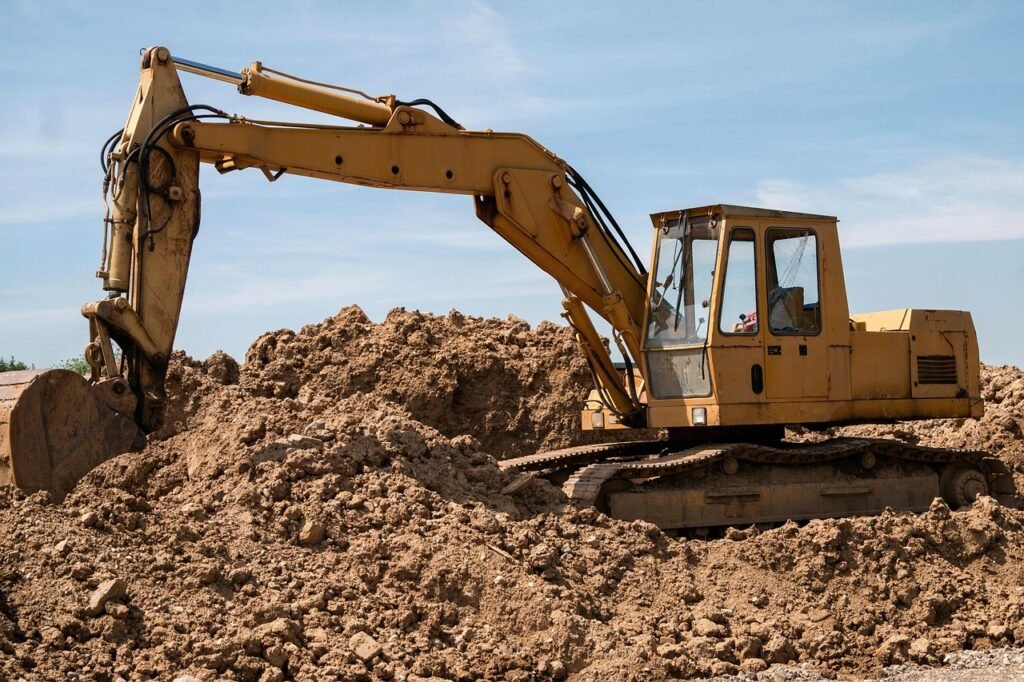Every construction project, whether it’s a new build, renovation, or demolition, produces debris. From scrap wood and drywall to packaging, nails, and concrete, the waste can pile up quickly. Without a plan, debris not only clutters the jobsite but also creates safety risks, slows progress, and adds unnecessary costs.
Efficient debris management is essential for maintaining productivity, protecting workers, and keeping projects on budget. Here are five smart tips for handling construction waste the right way.
Start with a Waste Management Plan
Before the first hammer swings, create a clear waste management plan. Identify the types of debris your project will generate—wood, metal, concrete, drywall, or hazardous materials—and decide how each will be handled. Assign responsibilities to team members and set up designated disposal areas.
A thoughtful plan ensures that everyone knows what to do with debris as the project progresses, reducing confusion and keeping the site organized.
Rent the Right Dumpster Size
One of the most effective ways to manage construction debris is to rent a roll-off dumpster. Choosing the right size is critical—too small, and you’ll need multiple hauls; too large, and you’ll pay for unused space.
Partnering with a reliable provider like Waste Removal USA makes this process simple. They offer a range of dumpster sizes tailored to construction projects, along with flexible rental periods and prompt service. Having a dumpster on-site ensures debris is disposed of quickly and efficiently, keeping your project moving forward.
Separate Materials for Recycling
Not all construction debris belongs in a landfill. Materials like metal, concrete, and even certain types of wood can often be recycled. Setting up separate bins or dedicated areas for recyclable materials helps reduce environmental impact and may even lower disposal costs.
Some contractors also find opportunities to repurpose materials on-site, such as using crushed concrete for fill or reusing lumber for temporary structures. Recycling not only benefits the environment but also demonstrates a commitment to sustainable building practices.
Keep the Jobsite Clean Daily
Debris management works best as a daily habit rather than a last-minute cleanup. Encourage crews to dispose of waste as they go, rather than letting it pile up. At the end of each workday, do a quick sweep of the site to ensure all debris is in the dumpster or designated bins.
This approach improves safety by reducing tripping hazards, keeps the site looking professional, and prevents waste from interfering with ongoing work. A clean jobsite also makes a positive impression on clients and inspectors.
Train Your Crew on Proper Disposal
Even the best waste management plan won’t succeed without buy-in from the team. Take time to train workers on where to dispose of different types of debris, how to handle hazardous materials, and the importance of recycling.
Clear communication and signage around the jobsite can reinforce these practices. When everyone understands the system, debris is managed more efficiently, and the project runs more smoothly.
Construction debris is an inevitable part of any building project, but it doesn’t have to be a headache. With a solid plan, the right construction dumpster rental, daily cleanup habits, recycling initiatives, and a well-trained crew, managing waste becomes a streamlined process.

Jennifer Marshall is a friendly and talented journalist who loves telling stories. She is an expert in writing biographies that make people’s lives shine. With clear and simple words, Jennifer creates engaging stories that everyone can enjoy. With 9 years of experience, her passion for writing helps her connect with readers and share inspiring tales.
